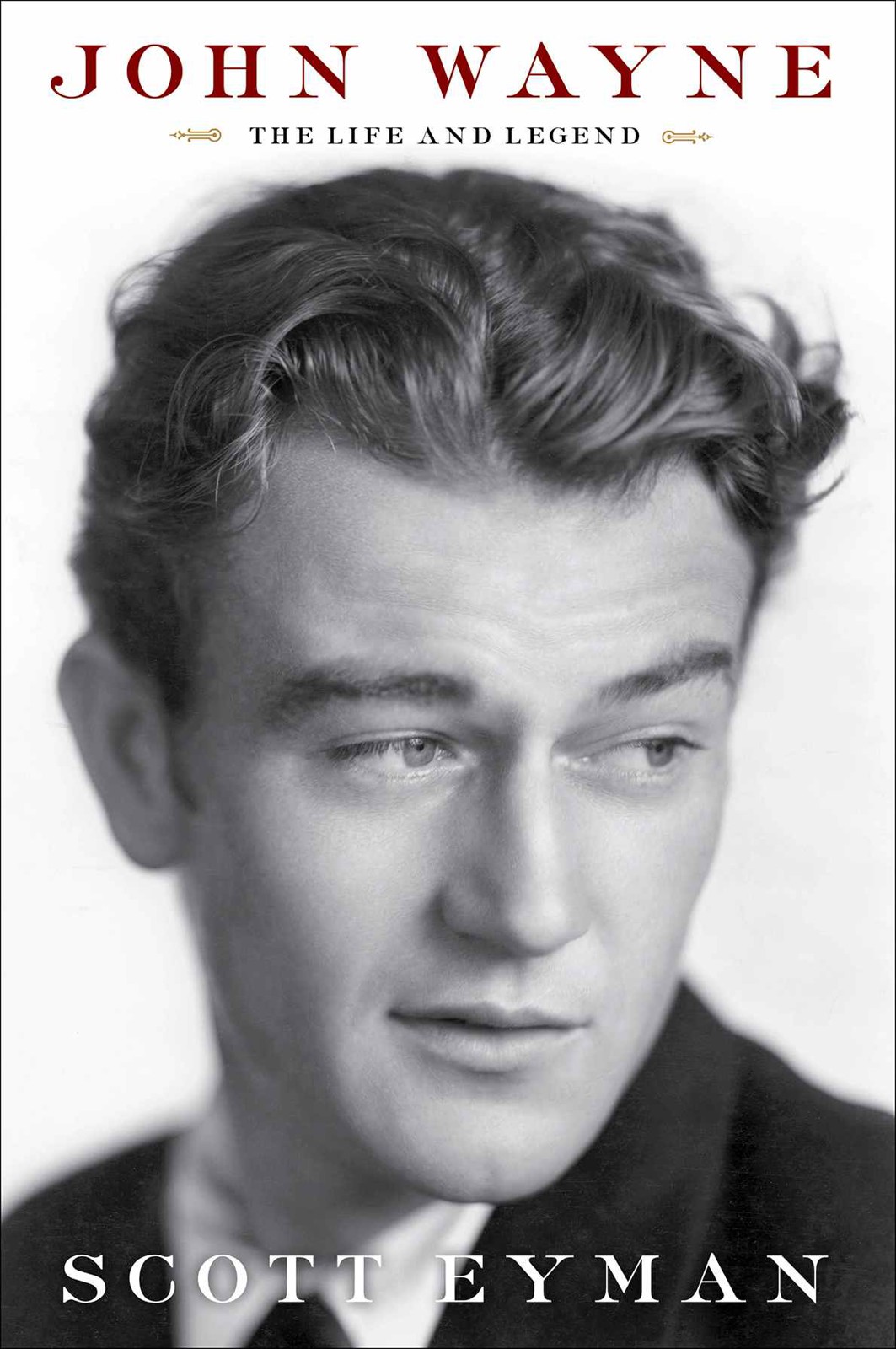

Most ebook files are in PDF format, so you can easily read them using various software such as Foxit Reader or directly on the Google Chrome browser.
Some ebook files are released by publishers in other formats such as .awz, .mobi, .epub, .fb2, etc. You may need to install specific software to read these formats on mobile/PC, such as Calibre.
Please read the tutorial at this link: https://ebookbell.com/faq
We offer FREE conversion to the popular formats you request; however, this may take some time. Therefore, right after payment, please email us, and we will try to provide the service as quickly as possible.
For some exceptional file formats or broken links (if any), please refrain from opening any disputes. Instead, email us first, and we will try to assist within a maximum of 6 hours.
EbookBell Team

4.7
106 reviewsRetail
John Wayne was one of Hollywood’s most famous and most successful actors, but he was more than that. He became a symbol of America itself. He epitomized the Western film, which for many people epitomized America. He identified with conservative political causes from the early 1930s to his death in 1979, making him a hero to one generation of Americans and a villain to another. But unlike fellow actor Ronald Reagan, Wayne had no interest in politics as a career. Like many stars, he altered his life story, claiming to have become an actor almost by accident when in fact he had studied drama and aspired to act for most of his youth. He married three times, all to Latina women, and conducted a lengthy affair with Marlene Dietrich, as unlikely a romantic partner as one could imagine for the Duke. Wayne projected dignity, integrity, and strength in all his films, even when his characters were flawed, and whatever character he played was always prepared to confront injustice in his own way. More than thirty years after his death, he remains the standard by which male stars are judged and an actor whose morally unambiguous films continue to attract sizeable audiences.
Scott Eyman interviewed Wayne, as well as many family members, and he has drawn on previously unpublished reminiscences from friends and associates of the Duke in this biography, as well as documents from his production company that shed light on Wayne’s business affairs. He traces Wayne from his childhood to his stardom in Stagecoach and dozens of films after that. Eyman perceptively analyzes Wayne’s relationship with John Ford, the director with whom he’s most associated and who made some of Wayne’s greatest films, among them She Wore a Yellow Ribbon, The Quiet Man, and The Searchers. His evaluation of Wayne himself is shrewd: a skilled actor who was reluctant to step outside his comfort zone. Wayne was self-aware; he once said, “I’ve played the kind of man I’d like to have been.” It’s that man and the real John Wayne who are brilliantly profiled in Scott Eyman’s insightful biography of a true American legend.
**